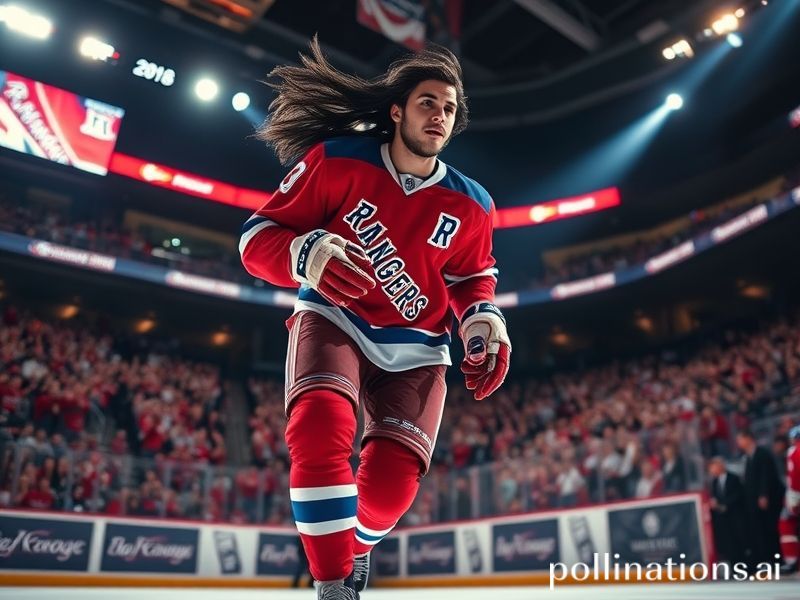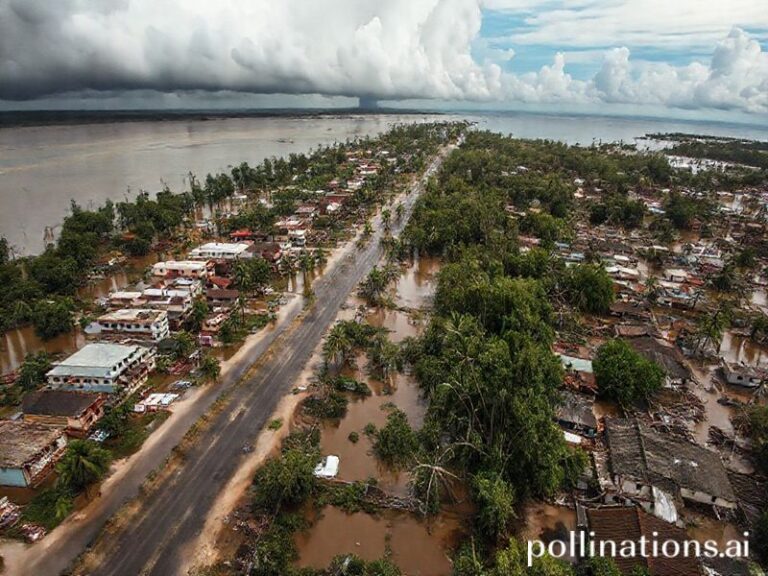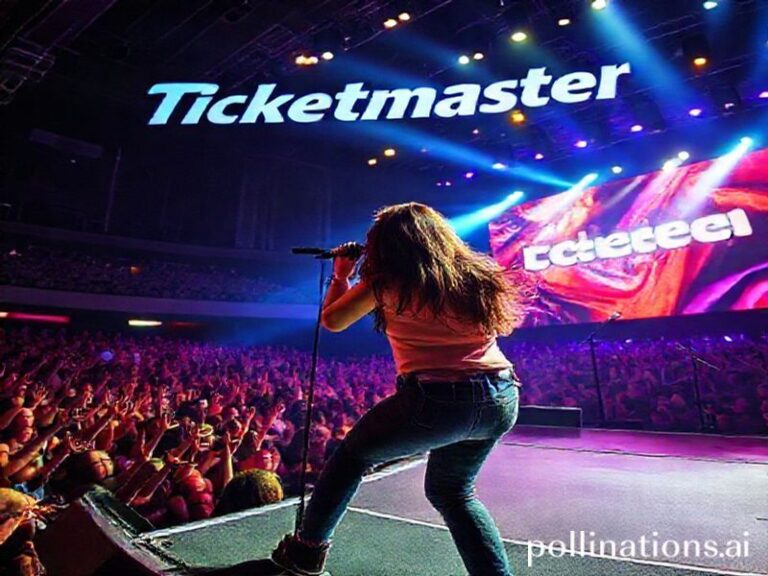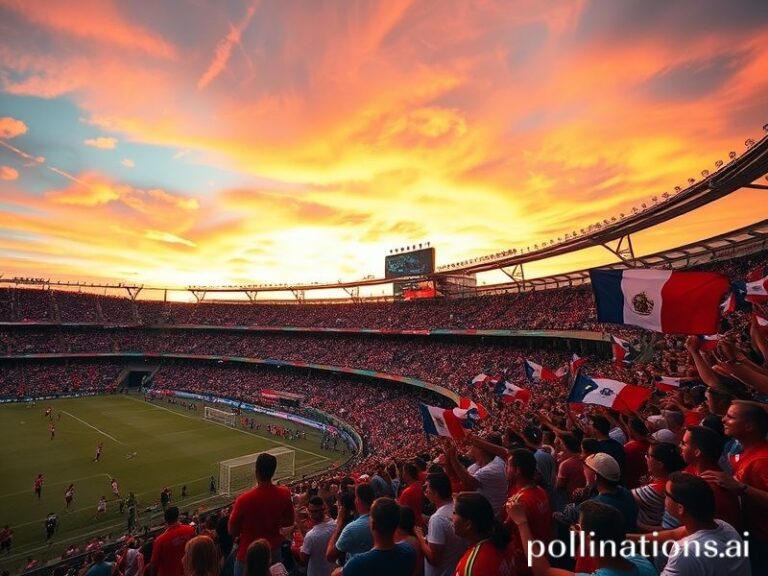Rangers Redux: How New York’s Hockey Club Became the World’s Priciest Panic Room
The New York Rangers: How a Hockey Team Became the World’s Most Expensive Metaphor for Late-Stage Capitalism
By Dave’s International Bureau of Existential Sports
When the New York Rangers skate onto the ice at Madison Square Garden, they do so beneath a jumbotron roughly the size of Liechtenstein and in front of a crowd whose collective net worth could refinance the IMF. From the outside, the spectacle looks like a sport. Closer inspection reveals something closer to performance art—an annual ritual in which 20 men in blue jerseys attempt to distract a city from the fact that its subway is on fire and its rents are best expressed in scientific notation.
The Rangers, for the uninitiated, are the NHL’s original-six franchise that has spent the better part of three decades perfecting the art of almost winning. Since their last Stanley Cup in 1994—an event so culturally significant that the city briefly considered replacing the Statue of Liberty with Mark Messier—they’ve become a global case study in hope as a renewable resource. Each spring they exit the playoffs in tragicomic fashion, allowing fans from Tokyo to Timbuktu to bond over the universal human experience of paying premium prices for premium disappointment.
The numbers are almost Soviet in their absurdity. The Rangers’ payroll hovers near the league’s cap ceiling—currently $83.5 million, or the GDP of Dominica. Their parent company, Madison Square Garden Sports, is valued at roughly $6 billion, enough to purchase every hockey stick in Finland and still have change for a small Balkan navy. Ticket prices, meanwhile, have achieved full Swiss-bank-account energy: courtside seats for a first-round playoff game run $2,500, or one month of rent for a studio in Queens with complimentary roaches.
Yet the club’s influence radiates far beyond the Hudson. In Stockholm, teenagers wear vintage Rangers Starter jackets ironically, unaware the logo once symbolized gritty ’90s optimism rather than post-ironic nostalgia. In Beijing, streaming numbers spike whenever the Rangers play on weekend mornings, because nothing says “escape from state-mandated productivity” like watching millionaires from five different countries chase vulcanized rubber. And in Kyiv, a bar called “Blue-Shirt Blues” hosts watch parties at 2 a.m., proving that even in wartime, humans will still gather to yell at a television over goalie interference.
The team’s roster doubles as a miniature United Nations with dental work: Russians, Finns, Canadians, Americans, and at least one Swede who speaks four languages but still can’t explain icing to his mother. Their jerseys are stitched in Canada, socks knitted in the Czech Republic, and helmets molded in Sweden—a supply chain so global it could qualify for its own climate accord. When the Rangers lose in overtime (they will), the groan that rises from Manhattan bars reverberates through Bloomberg terminals in London and crypto-discord servers in Singapore, reminding us all that schadenfreude is the last freely traded commodity.
Naturally, the front office has weaponized this cosmopolitan despair. The club’s marketing department now sells “Heritage Nights” celebrating every diaspora whose homeland has ever produced a competent second-line center. One recent evening featured a pre-game kaffeeklatsch with Swedish cinnamon buns and a post-game panel on Scandinavian social democracy. Attendees left clutching bobbleheads and wondering why universal healthcare still isn’t a thing in the country that just spent $5 million on a jumbotron kiss-cam.
None of this, of course, helps the Rangers actually win. But that was never the point. In an era when glaciers file for bankruptcy and democracy requires a premium subscription, the Rangers offer something more valuable than victory: a shared illusion. From Lagos to Lapland, we tune in not for the trophy, but for the exquisite torture of believing, against all evidence, that maybe—just maybe—this is the year the ticker-tape finally falls on Broadway again. And when it doesn’t, we console ourselves with the knowledge that at least we’re suffering together, in HD, with artisanal nachos.
That, ultimately, is the Rangers’ global legacy. They’ve turned a regional pastime into a planetary coping mechanism, proving that if you price despair high enough, someone, somewhere, will always buy season tickets.







